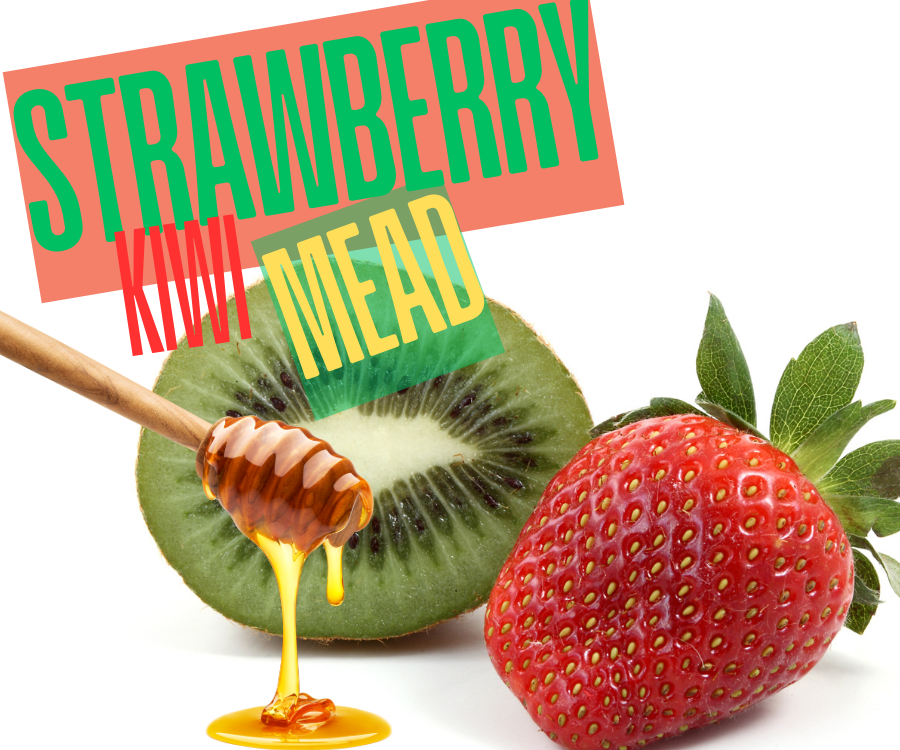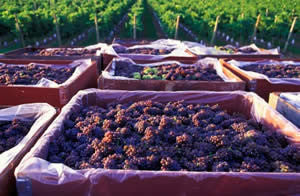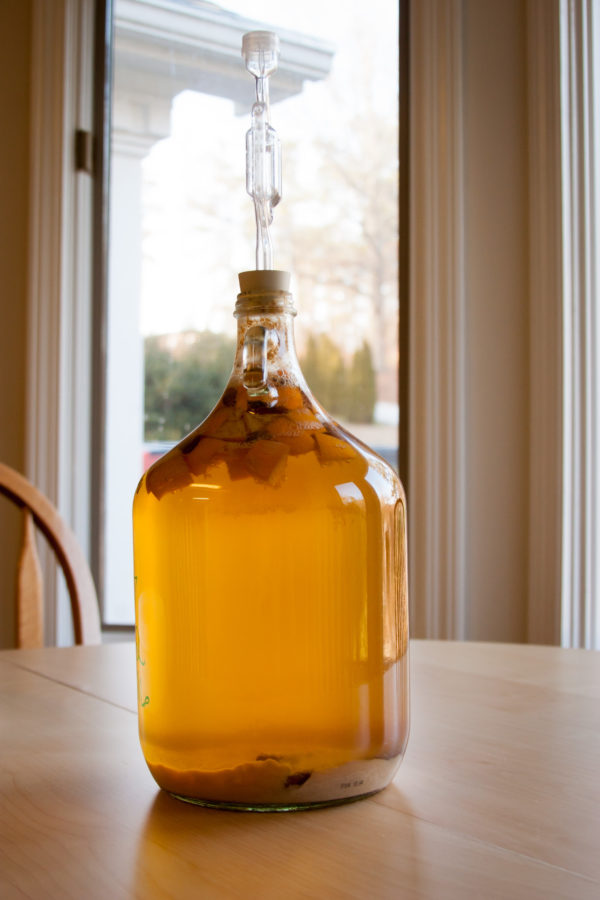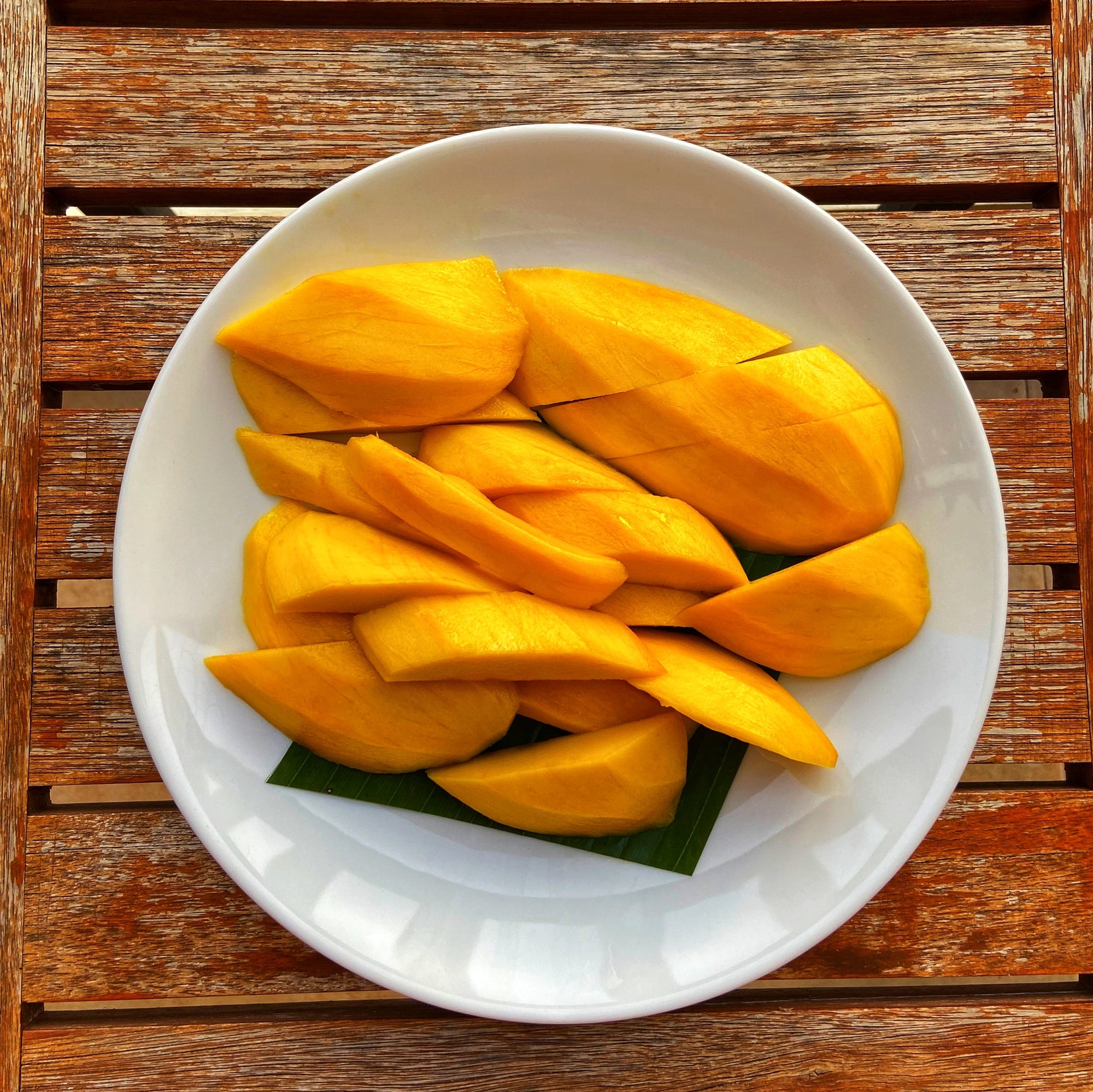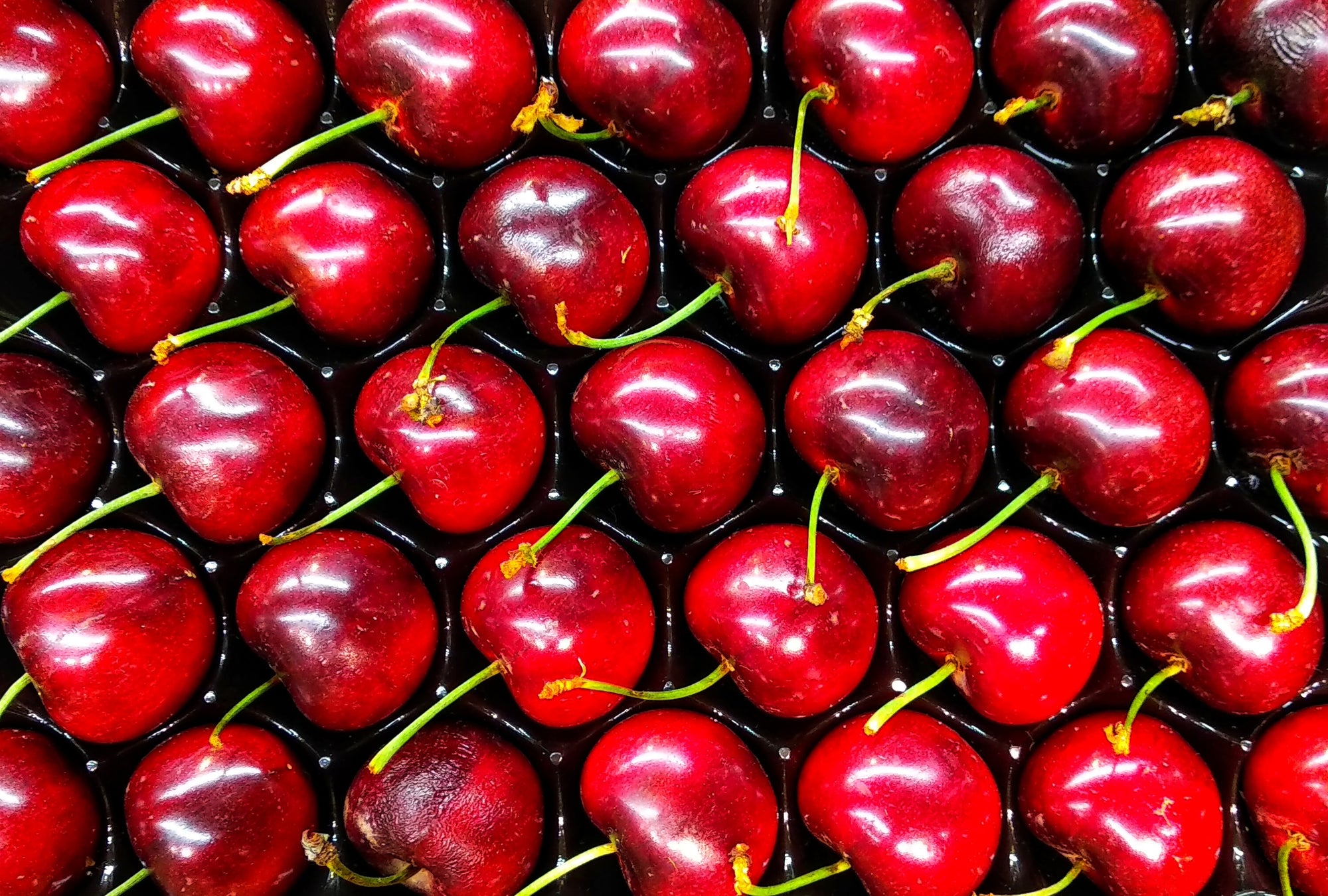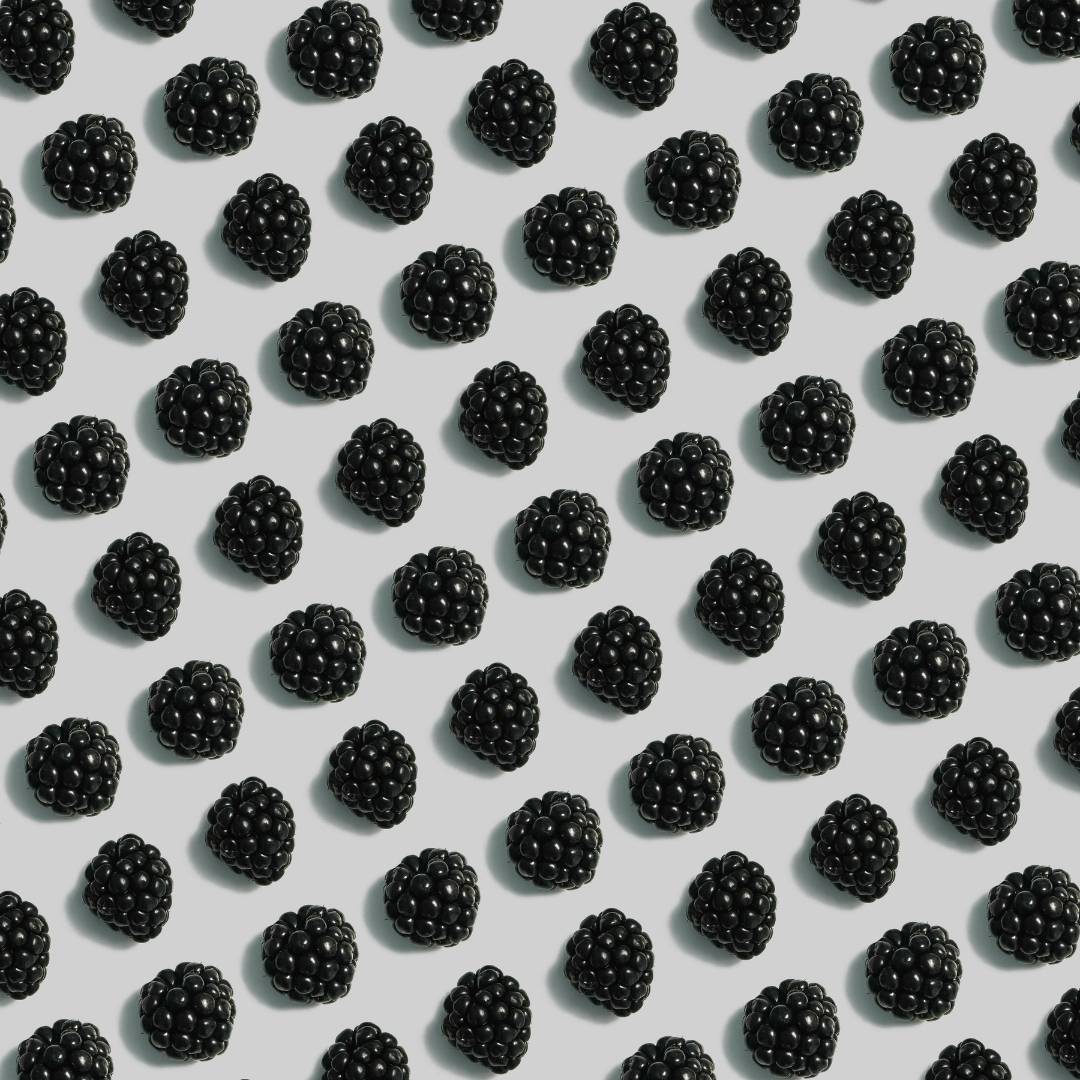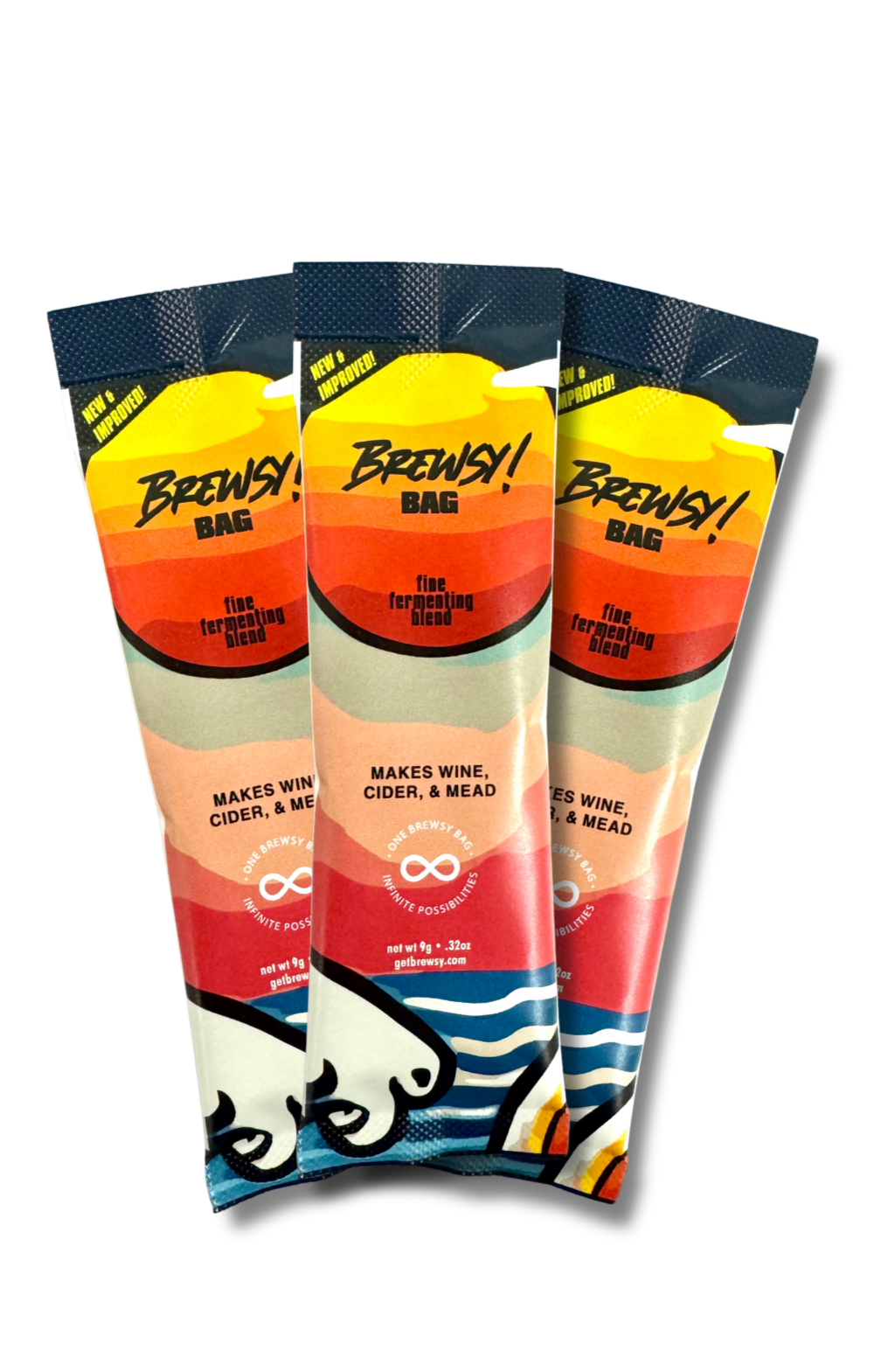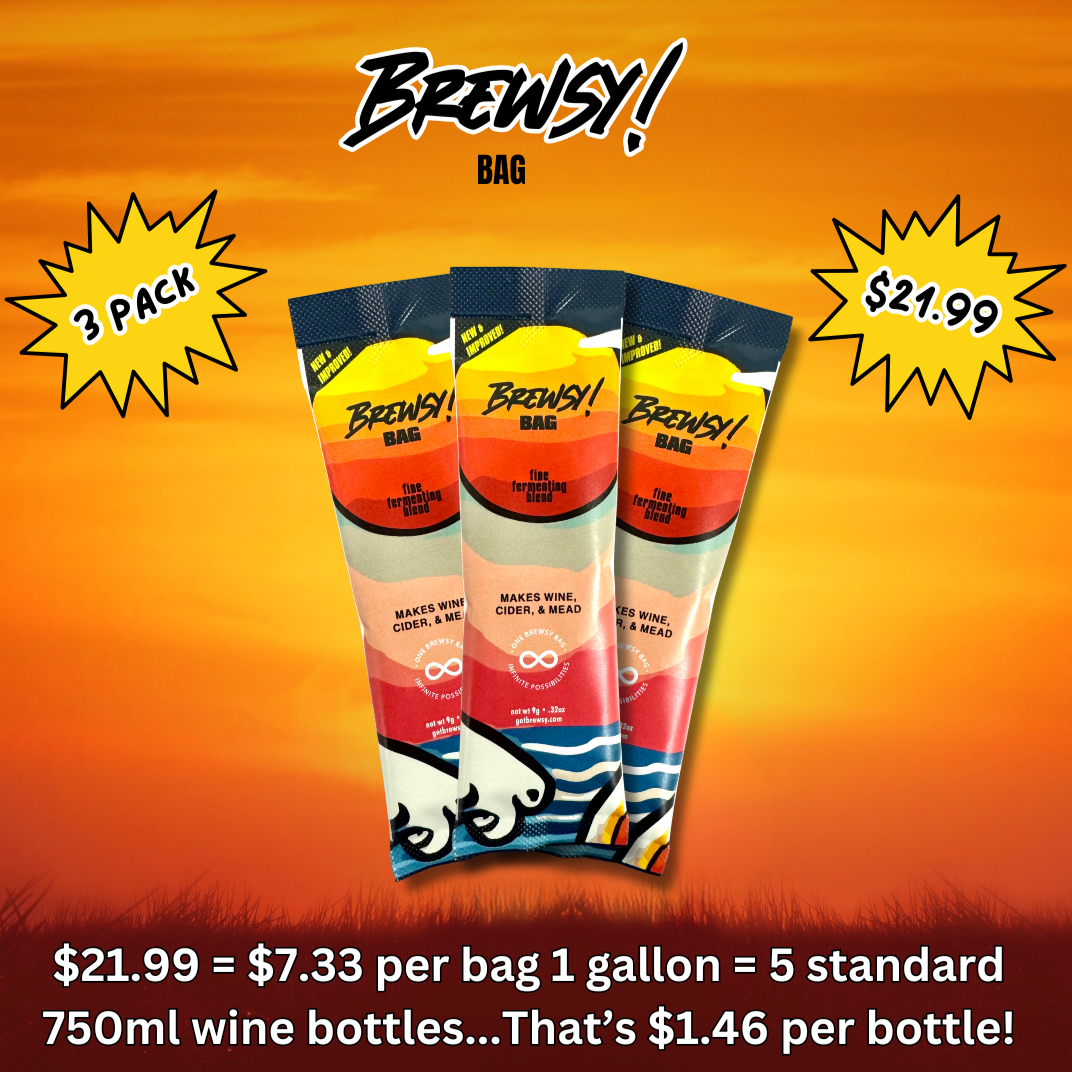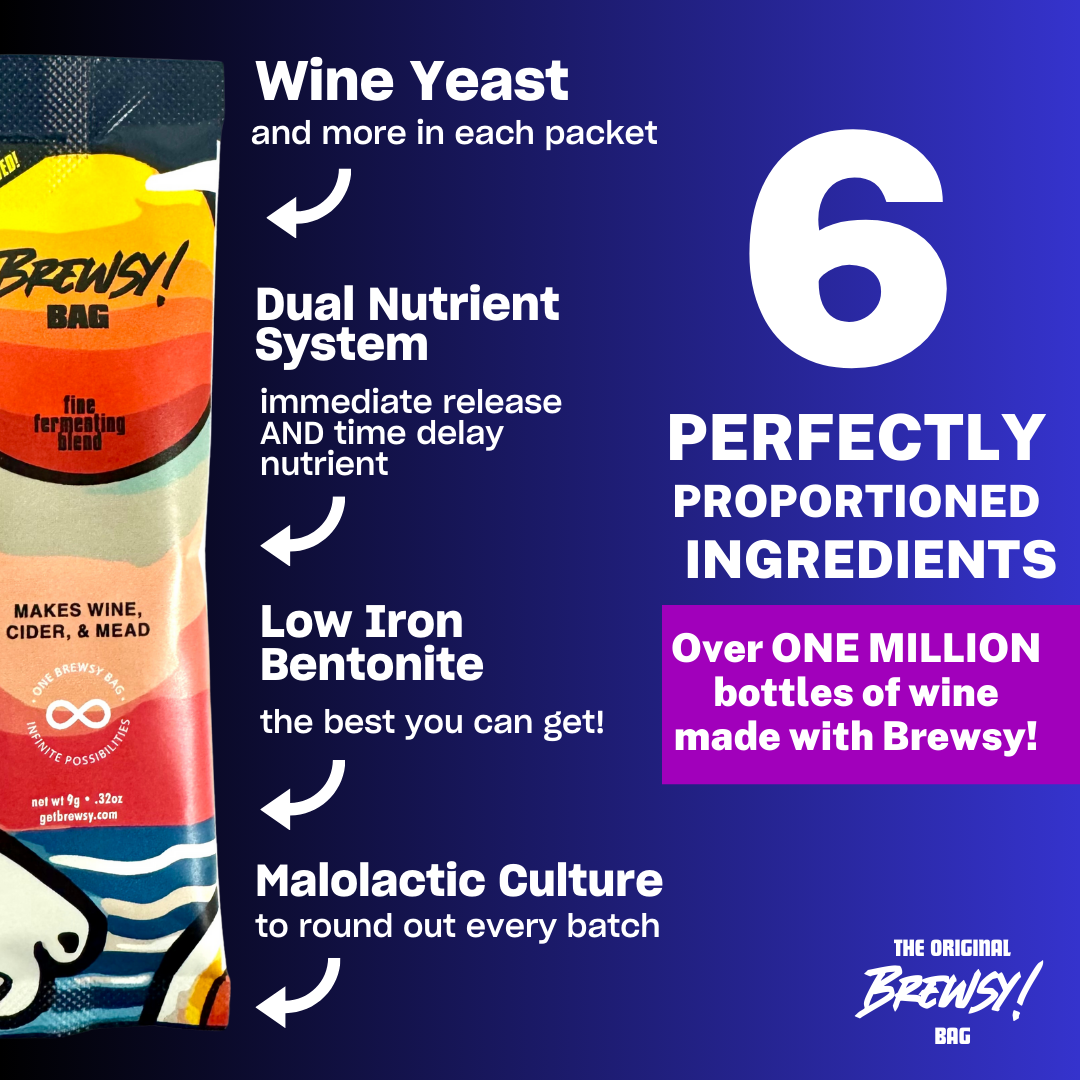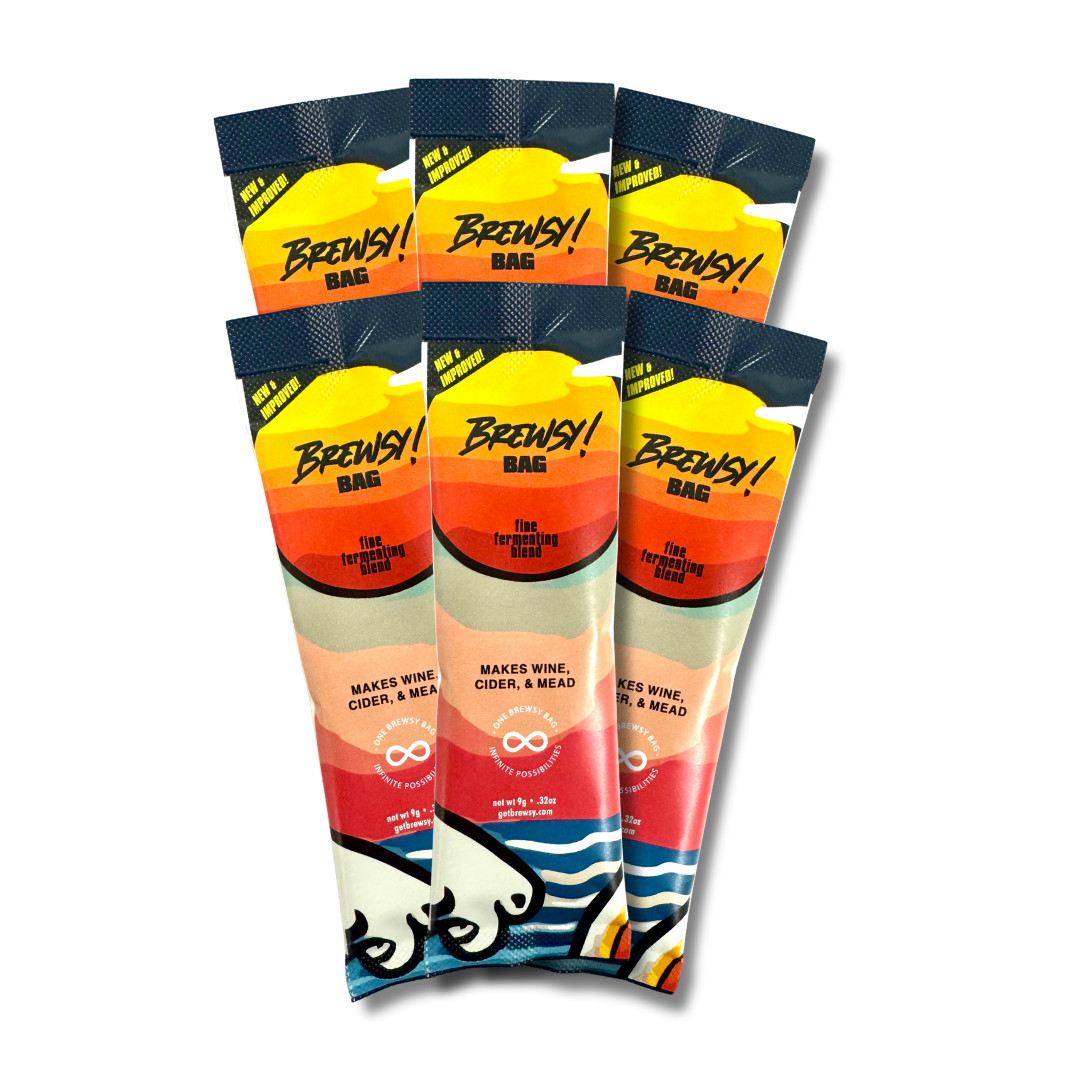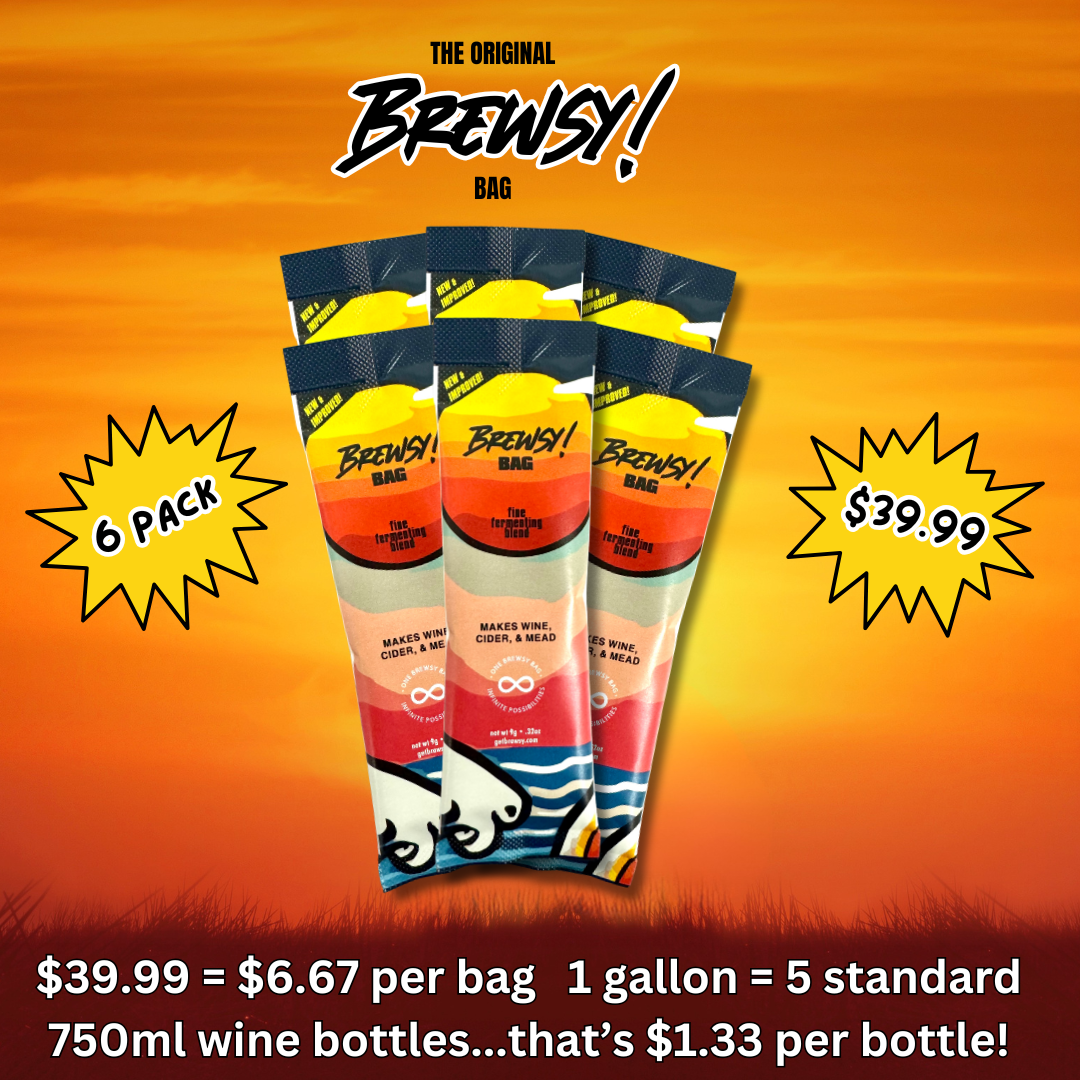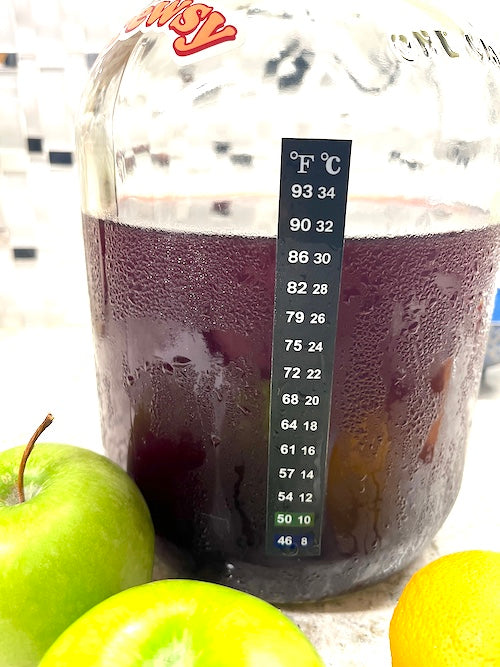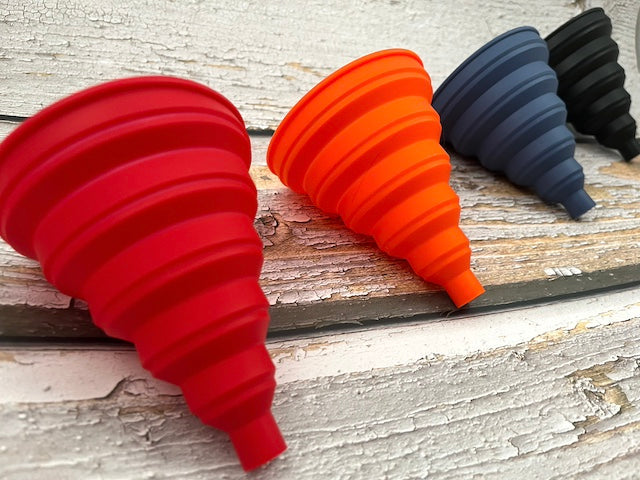
What Is Fortified Wine?
For the average wine enthusiast and home winemaker, fortified wine is not something that is quite common, but is a type of wine that has been around for a long time.
Simply put, fortified wine (traditionally, a dessert wine in its own right) is a wine to which distilled spirits have been added, such as the addition of brandy. Historically, the incorporation of distilled spirits to fortify a wine originated in Europe, most likely around the Mediterranean area, and it was to preserve a wine considering this hails from a time that predates refrigeration and wines could spoil during transport, especially across long distances.
While there are a plethora of preservation methods these days, fortified wine continues to be popular due to the introduction of distinct flavors to the wine. An additional benefit to fortified wines is that added alcohol by volume can stop wine fermentation by killing yeast since, on average, yeast has an alcohol tolerance of about 18%.
There are a number of fortified wines available, but there are five that remain to be the most well-known.
1) Sherry
This particular wine comes from Jerez, Spain, and is made from white grapes grown in the area. Brandy is added to the wine after fermentation has completed so it tends to be originally dry then sweetness is added later on. This wine is widely known to be a good wine with which to cook. As an ingredient, not an accompaniment. Fun fact: the word "sherry" is an Anglicization of Jerez.
2) Marsala wine
This fortified wine is known to come from Sicily, however, Marsala wine is not always fortified - it comes in fortified and unfortified options. The manner of production for both styles differs as well. The fortified versions comes in two variations: the Fine which is at least 17% ABV and has aged for at least four months, and the Superiore which is at least 18% and aged for at least two years. The unfortified, on the other hand, is aged for five or more years and gains an ABV of 18% through evaporation alone. Fun fact: despite being made in Sicily, it was originally produced by an English merchant.
3) Madeira wine
Stemming from the Madeira Islands located in the Atlantic Ocean south-west of Portugal and west of Morocco, this wine comes in various sweetness levels but what makes it stand out from others is the production process. This wine is deliberately heated and oxidized as part of its aging steps. Much like sherry, Madeira wine is also very common in cooking.
4) Vermouth
This fortified wine is different yet again from the others. While different manufacturers adds different kinds of alcohol, what keeps them similar is the addition of roots, herbs, and barks to the wine. In this case, it is an aromatized fortified wine. Try saying that quickly ten times.
5) Port wine
Perhaps the most popular of the fortified wines is port wine, known in Portuguese as vinho do Porto named after the second-largest city in Portugal. Port wine is produced in the Douro Valley of northern Portugal and only wine from this country can be called "port," wines made in a similar manner elsewhere can only be called "port-style." Aside from the grapes used in the area, port wine sees the introduction of neutral grape spirits; it may be referred to as brandy, but does not share much resemblance.
Which of these fortified wines would you like try? Or, better yet, perhaps you could experiment and make your own homemade fortified wine.

